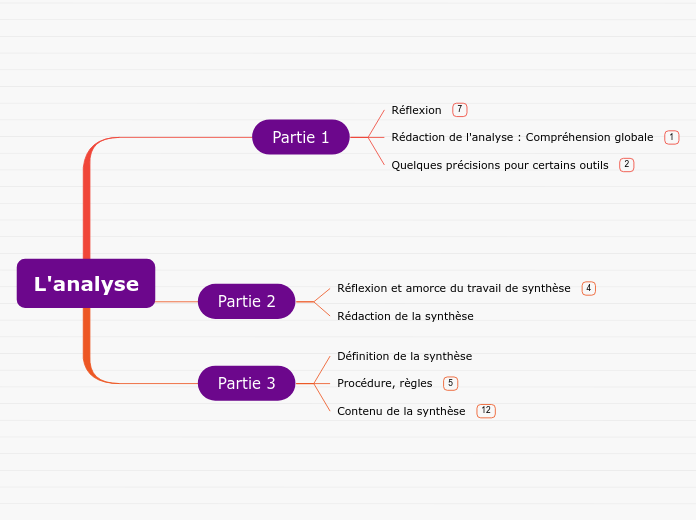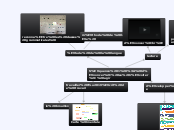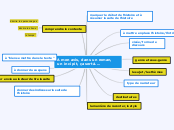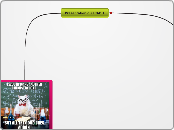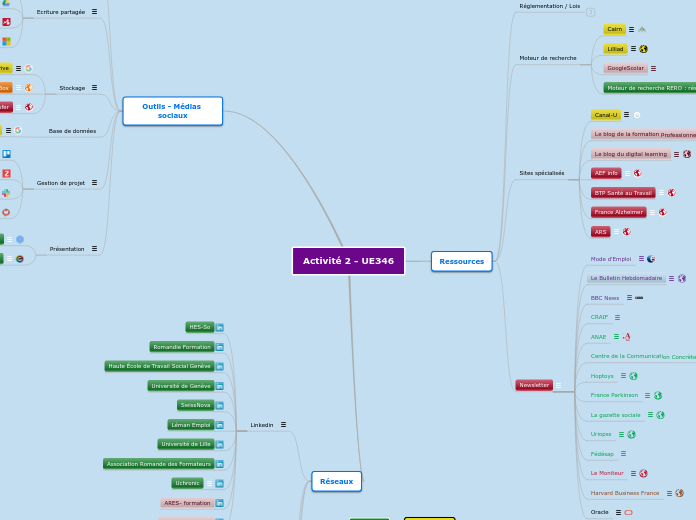L'analyse
To name your story, you have to think about the overall message and what you want your audience to understand from the story. Also, make it relevant and easy to remember.
Partie 3
The ending of a story is essential. We all know that if the ending is weak, what happened before loses its importance. So make it unpredictable, but fair. A resolved ending answers all the questions and ties up any loose threads from the plot.
Contenu de la synthèse
Point 5
Analyse des besoins prioritaires
Compréhension de la problématique
Point 4
Caractéristiques de la personne aidée
Synthèse des observations
Point 3
Cuillettes de données
Points 1 et 2
Données contextuelles
Historique du problème
Histoire personnelle
Procédure, règles
This is the closure section of the story.
See examples of possible outcomes below:
- all problems have been solved
- it's clear how each one of your characters ends up
- your main character is transformed by the challenge
Caractère clair
Caractère respectueux
Caractère professionnel
Try answering these questions in order for you to come up with a closure:
- Have all problems been solved?
- Is it clear what happens with all your characters in the story?
- Has the challenged transformed your main character?
- How do the characters feel in the end?
Caractère objectif
Caractère confidentiel
Try answering these questions to come up with a closure:
- Have all the problems been solved?
- Is there a clear picture of what happens with each character in the story?
- Has the challenge transformed your main character?
- How do the characters feel in the end?
Définition de la synthèse
This is the moment when the main character surpasses the last obstacle and finally faces their greatest challenge.
The climax usually follows one of these patterns:
- realization
- resolution
- choice
Type in your answer.
Partie 2
The middle of the story is where you add layers of complications that will lead to the end. Reveal more about the character's journey. Did their personality go through changes? How did they overcome the challenges? And as you build up the story’s central conflict, make it more personal to that character. Also, from the middle act, you have to lead into the final act.
Rédaction de la synthèse
Your character(s) need(s) motivation in order to solve the challenge(s).
Réflexion et amorce du travail de synthèse
Each story has a main character and that character usually needs to solve a problem or challenge. The character's challenge is the one that creates tension throughout the story.
Liens théoriques/situer les capacités et les difficultés.
Liens entre les comportements identifiés, l'analyse faite dans divers outils d'observation.
Fréquence des comportements observés et identifications de capacités et de difficultés.
Type in any other challenges which other characters in the story need to face.
Regroupement selon les axes de développement et pairage des éléments observé.
In most stories, there are 3 challenges. The number 3 is a mystical number symbolizing completeness. Try to come up with interesting challenges with which your character needs to struggle.
See a few examples below:
- turns into a werewolf at night
- is sent back in time
Partie 1
In the beginning of the story (or the exposition), you will need to introduce the setting and characters. You might also want to introduce the main conflict. This part of the story is important because it gives the reader necessary background information and maybe even a first insight into a character’s personality.
Quelques précisions pour certains outils
Liste à cocher ou échelle d'estimation
TOCA
Rédaction de l'analyse : Compréhension globale
The setting (time & place) of a story can change throughout the plot.
Commentaires/analyses
The weather is an important element in your story because it can highly influence the ambiance and the mood of the characters.
Réflexion
Characters are essential to a good story. Usually, the protagonist(s) is/are the most affected by the plot. Introduce a character by focusing on their actions, interests, and occupation, as the physical appearance doesn't make a difference in most cases.
Réactions aux interventions
Besoins
Sources des comportements observés
Mécanisme de défense ou d'adaptation
Capacité du Moi
s'interroger sur le contexte
Lien avec un axe de développement
Type in the name of your character.
